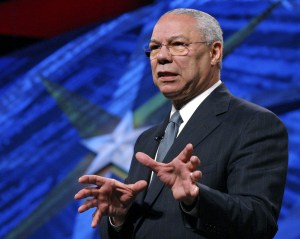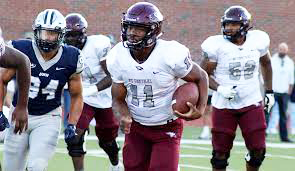by Aziah Siid February 2, 2024
They’ve shaped generations of Black professionals. Now HBCUs are working to educate students K-12, particularly in STEM fields.

What do Martin Luther King Jr., Supreme Court Justice Thurgood Marshall, and Vice President Kamala Harris have in common? They’re all graduates of Historically Black Colleges and Universities.
The schools saw a surge in applications from high school seniors after the murder of George Floyd. And along with increasingly being seen by Black high school students and families as havens of safety — both physically and culturally — HBCUs produce nearly 13% of all Black graduates, according to the National Center for Educational Statistics.
RELATED: HBCU or PWI: What Should High School Seniors Consider?
I’m a Morgan State graduate, so I know first-hand these schools aren’t just academic institutions. They’re a testament to the determination of Black Americans to create spaces of excellence, empowerment, and cultural affirmation in the face of racism. And in the nearly 187 years since the first HBCU — the African Institute, later renamed Cheyney University of Pennsylvania — opened its doors, they’ve become incubators of Black intellectuals, activists, and professionals.
2022 proclamation from President Biden for National Historically Black Colleges and Universities Week pointed out their incredible contributions to society: “HBCUs have produced 40 percent of all Black engineers and 50 percent of all Black lawyers in America. Seventy percent of Black doctors in our country attended an HBCU, and 80 percent of Black judges are alumni of these schools.”
The institutions also play a prominent role in maintaining the Black teacher pipeline. They produce 50% of Black teachers, thus boosting the number of Black men entering classrooms and introducing students to the love of learning.
So, this Black History Month, let’s look at the contributions five HBCUs have made, and how their current impact on K-12 education makes a difference.
1. Howard University
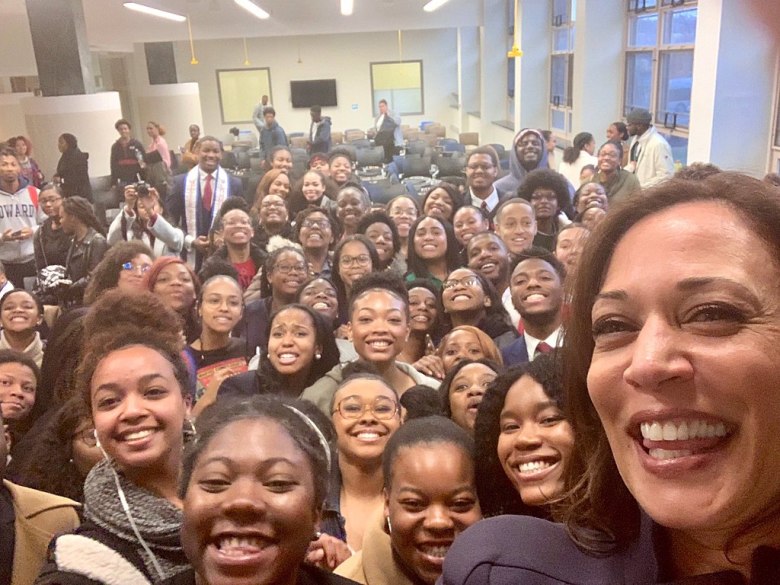
Listen, when the school is the alma mater of Carter G. Woodson, the creator of Black History Month, you know it has to be No. 1 on the list. Founded 150 years ago by Army General Oliver Otis Howard, Howard University has also long been a pioneer in educating Black women at both the undergraduate and graduate levels. Our first black vice president, Kamala Harris, graduated in 1986. Charlotte Ray, the nation’s first Black woman lawyer — and the first woman admitted to the Washington D.C. bar — graduated from Howard’s law school in 1872.
HU continues to make modern-day strides as it competes directly with schools in underserved communities through its dual enrollment courses.
2. Spelman College
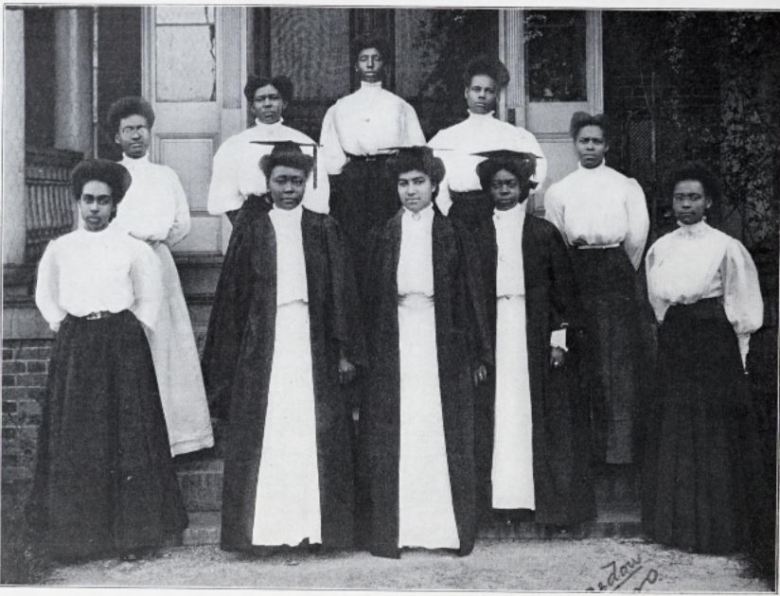
Voted as the #1 HBCU in the country for 17 consecutive years by U.S News & World Report, Spelman College has earned its distinction for more reasons than one. Founded in 1881 as Atlanta Baptist Female Seminary, the all-women’s campus has been a beacon of education and hope for Black women nationwide. Spelman College was home to visionaries like Martin Luther King Jr’s daughter, peace advocate and CEO of the King Center, Dr Bernice King, politician and activist Stacey Abrams, and the legendary novelist Alice Walker. Walker’s Pulitzer Prize novel, “The Color Purple,” is one of the most frequently banned books in the United States and continues to serve as a staple in Black history and culture.
Spelman continues to serve the greater Black education community through partnerships like their initiative with the National Education Equity Lab, a nonprofit that works to boost economic and social mobility for high school students. The program provides free college-level courses to low-income high school students to make them confident they can succeed in college and prepare them for higher education. In addition, alumnae of the college are working to make attending the institution more affordable for incoming freshmen and current students.
3. Florida A&M University
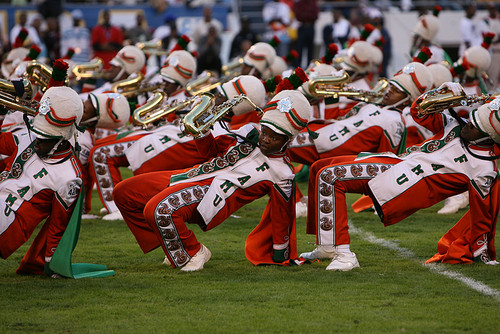
Through rhythm and song, FAMU alumni, like musical artist Common, have spoken life into the Black community. In 2018, Common helped launch Art in Motion Charter School in his hometown as a way to, as he told Ebony magazine last year, “bring academics but also artistic expression and holistic living to children that are from Chicago.”
As for Common’s alma mater, the 140-year-old university — which began with only 15 students and two instructors — is currently ranked as the No. 1 HBCU for research and development by the National Science Foundation. The university continues to make immense strides in law, pharmaceutical sciences, and more.
To encourage more young people to pursue STEM, FAMU hosts an annual STEM Day for students in grades 6-12. The event features academic speakers, hands-on activities, and science demonstrations to give participants a realistic look at what the future holds.
Additionally, the university holds a “Women and Girls in STEM Mentoring Event” each year, introducing nearly 200 K-12 girls to female engineers, scientists, and academics. In 2022, FAMU expanded its STEM Day to include third, fourth, and fifth graders, broadening the event traditionally aimed at girls in grades 6-12.
4. Morgan State University
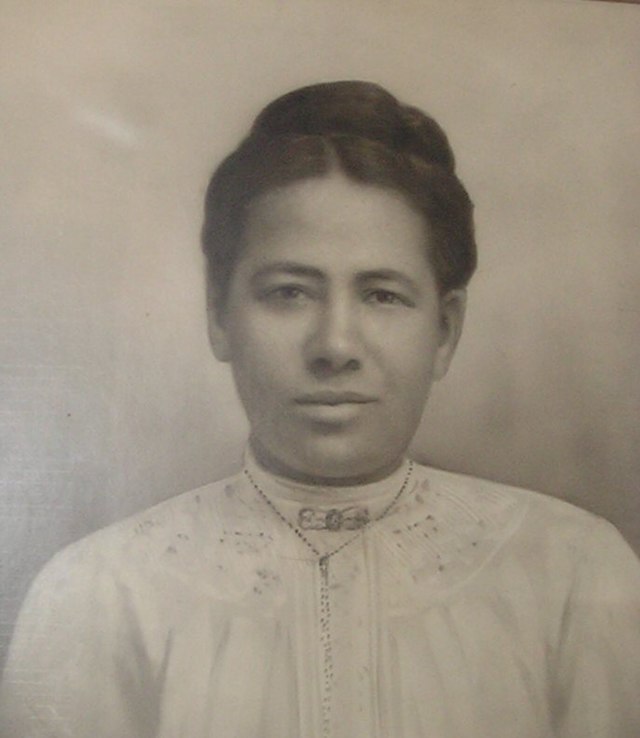
Morgan State University President David K. Wilson recently became the first HBCU president to win the national Harold W. McGraw Jr. Prize in Education, presented by the McGraw Family Foundation and the University of Pennsylvania’s Graduate School of Education. His efforts to improve retention, graduation rates, and support for degree completion for Black students underscore MSU’s commitment to advancing Black leadership and success.
The university is committed to increasing representation in fields such as STEM and communications by recruiting students as early as their junior year of high school. Since 2021, Morgan has had a partnership with NASA designed to foster interest and retention in STEM among K-12 students. They also have a summer program for rising high school seniors and incoming freshmen interested in actuarial and mathematical sciences. The free, six-week program allows students to take pre-calculus, go on field trips, and participate in professional development seminars.
5. Prairie View A&M University
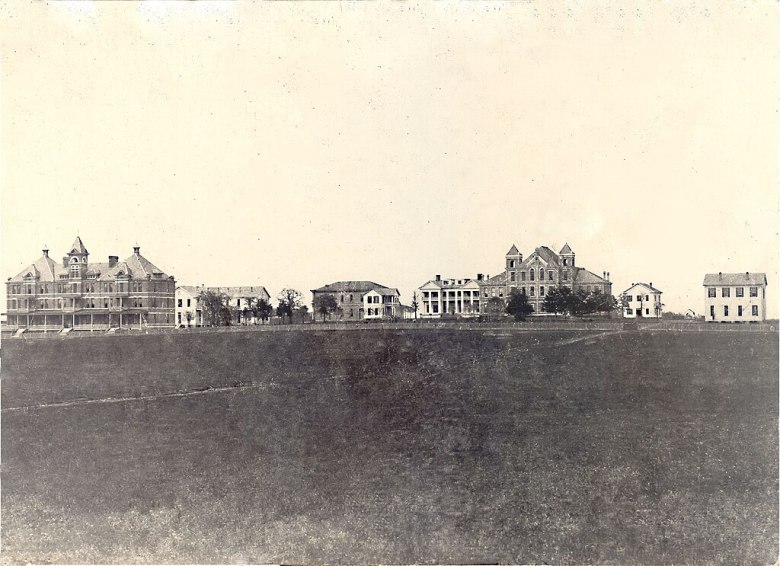
One thing Prairie View A&M University has said is her name. Sandra Bland. As a 2009 graduate, member of the Sigma Gamma Rho sorority, civil rights activist, and summer school counselor, Bland’s name echoed throughout the university and the Black Lives Matter movement after her death in 2015.
Founded in 1876 as the Alta Vista Agricultural and Mechanical College of Texas, the second public institution of higher learning in the state initially admitted only men. Recognizing the need for all Black people to be educated, it soon welcomed women.
PVAMU carries the legacy of inclusivity into its STEM Mobile Road Show. On-board technology allows Prairie View to bring hands-on demonstrations to high schools across the state and enable students to engage in activities.
Leaders of the program hope the mobile show will “play a role in exciting and engaging young minds, in particular under-represented minorities, in STEM education.”
The university also has a shadowing program where secondary students can sign up to follow a College of Engineering student around for a day to get a feel for what the school’s STEM programs are like.
The post 5 HBCUs Leading the Charge in Creating Black Excellence appeared first on AFRO American Newspapers.


